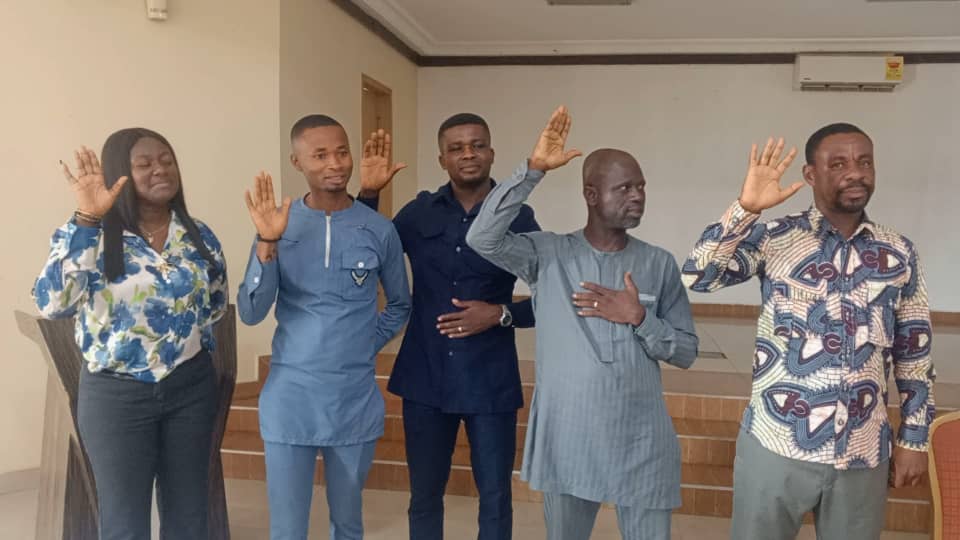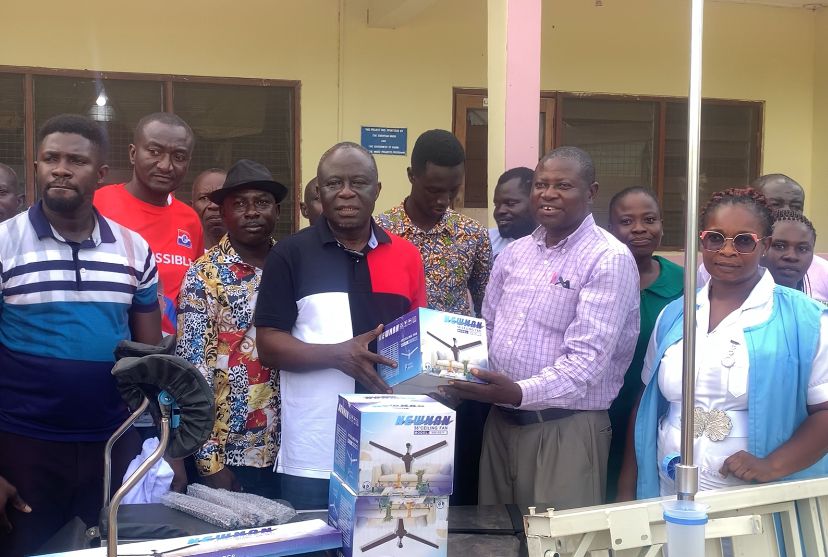Kumasi-Based Investigative Journalist Commends Abuontem Chief, Nana Akomea Sakyi Tutu II, for Transforming Community Through Self-Funded Initiatives
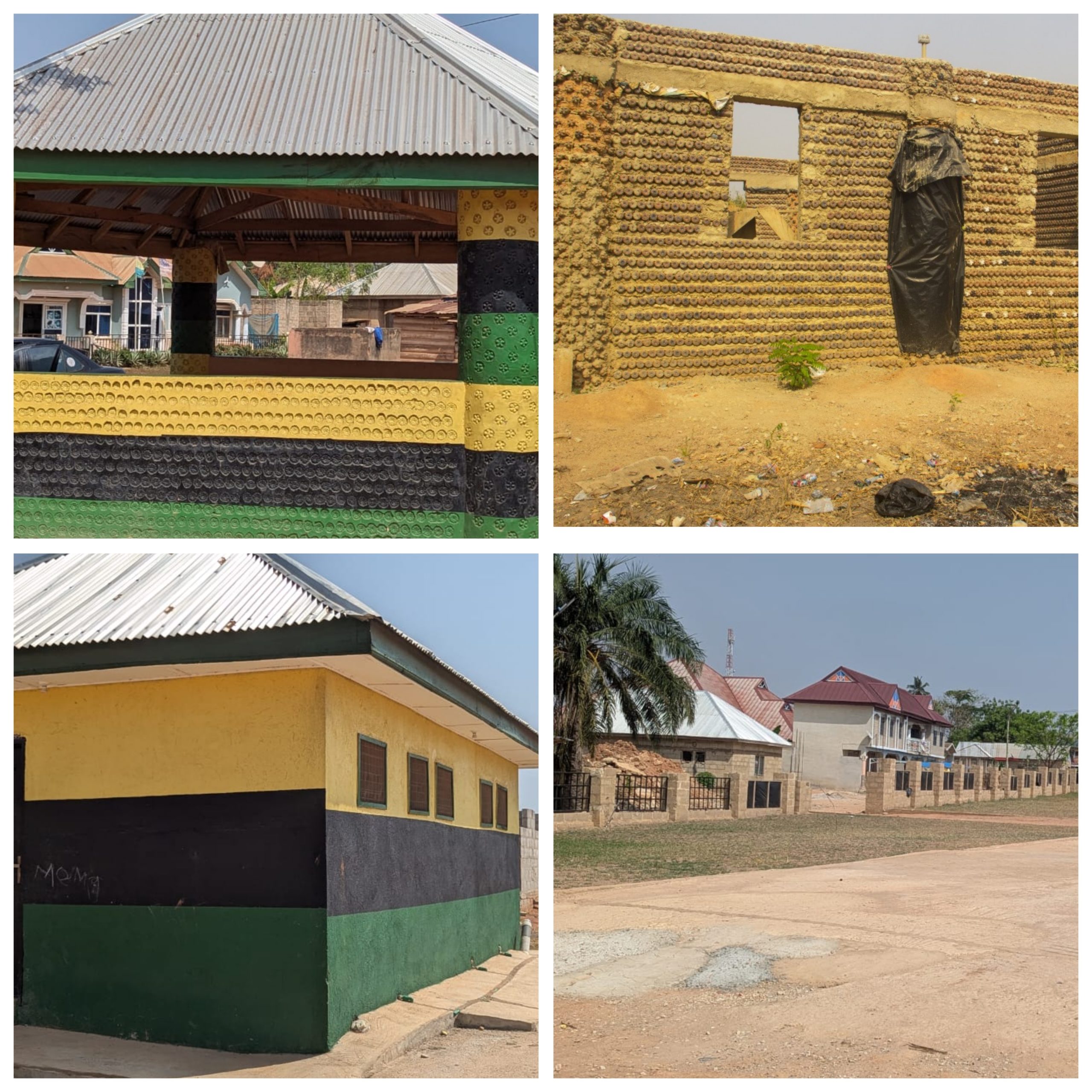
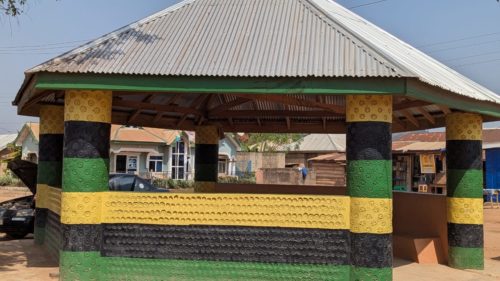
The people of Abuontem, a vibrant community in the Ashanti Region, are full of praise for their chief, Nana Akomea Sakyi Tutu II, whose visionary leadership has led to remarkable changes in the town. Unlike some previous chiefs who allegedly sold off community lands for personal gain, Nana Sakyi has dedicated himself to the development of the town without selling a single plot, relying instead on his own resources.
An Investigative Journalist Unveils the Quiet Transformation
Charles Eric Knewman Sibo, an investigative journalist based in Kumasi, visited Abuontem to investigate claims of land disputes in the area. What he found was a different reality—one of progress, development, and a community on the rise. His findings contradicted previous reports that had suggested mismanagement and land sales.
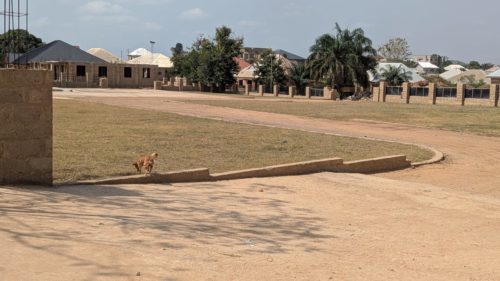
Rather than uncovering controversy, Sibo discovered a chief who had prioritized infrastructure improvement and the welfare of his people. The transformation that Abuontem is currently experiencing has garnered praise from residents who now benefit from a more modern, well-managed community.
Nana Sakyi’s Development Projects: A Testament to Leadership
Nana Sakyi’s leadership is exemplified through numerous projects funded by his own personal resources. Key initiatives include:
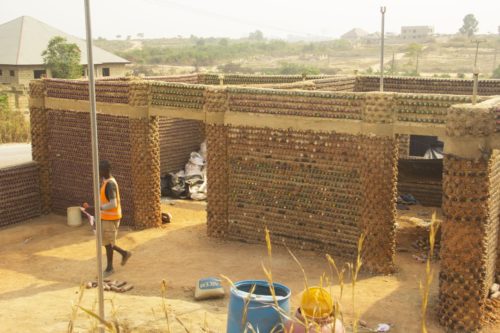
Renovation of the Local School – The school, once in disrepair, has been completely renovated, providing students with a better learning environment and a sense of pride in their education.
Building of a Modern Toilet Facility – A state-of-the-art sanitation facility has been established to improve public health and hygiene in the community.
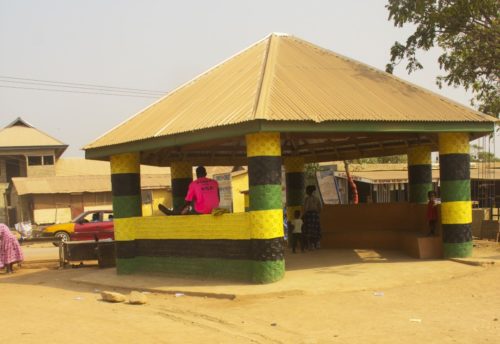
Creation of a Rest Stop and New Chief’s Palace – The development of a modern rest stop and the construction of a new chief’s palace have brought both functional and aesthetic value to the community.
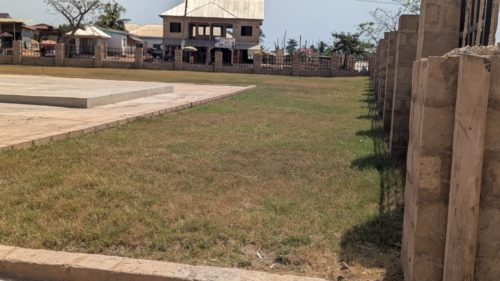
Establishment of a Durbar Ground – A culturally significant space for traditional and social gatherings has been created, promoting unity and cultural heritage within Abuontem.

Overhaul of Refuse Dump Sites – With an investment of millions of cedis, Nana Sakyi has ensured that waste management is prioritized, contributing to a cleaner and healthier environment for residents.
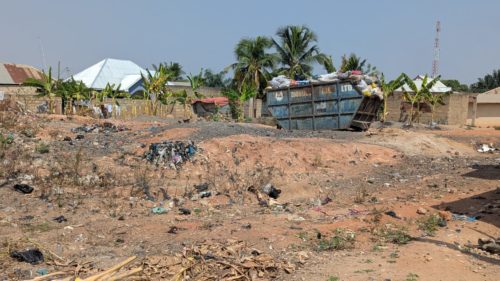
Future Plans for an Entertainment Center – In the works is an entertainment center designed to offer recreational opportunities for the youth and residents, adding to the town’s economic and social development.
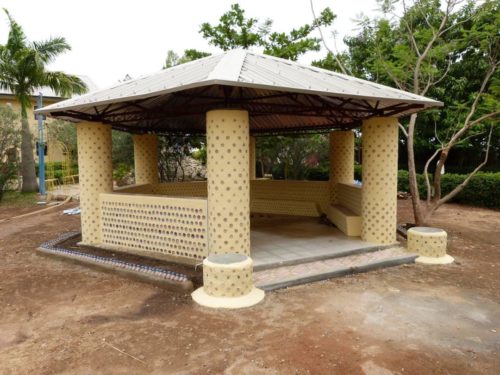
Resolving Land Disputes with Transparency
Upon becoming chief, Nana Sakyi tackled one of the most pressing issues facing Abuontem—land disputes. He instructed all landowners to present legal documentation to verify the legitimacy of land ownership. This decisive move was in response to concerns that lands designated for public projects—such as hospitals and police stations—had been sold illegally by previous leaders.
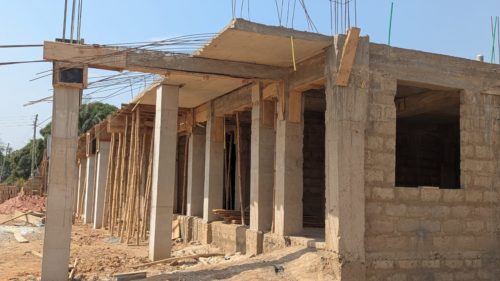
This commitment to transparency has restored trust in the chief’s leadership and has set the stage for a more organized and equitable system of land management in the community.
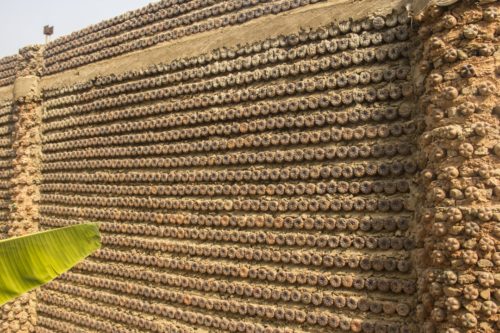
Otumfuo to Address False Allegations
Despite the positive changes, Nana Sakyi has been the subject of false allegations aimed at undermining his leadership. However, with the support of both Charles Eric Knewman Sibo and residents who have seen firsthand the chief’s transformative efforts, the case now lies in the hands of Otumfuo Osei Tutu II, the Overlord of Asanteman. It is expected that the Overlord will intervene and ensure justice prevails, bringing clarity to the situation and reinforcing Nana Sakyi’s integrity.
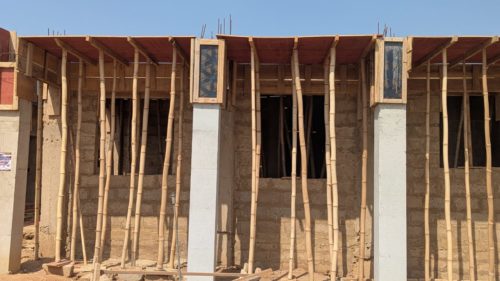
A Chief Who Is Setting the Bar for Traditional Leadership
Through his self-funded projects and transparent approach to governance, Nana Akomea Sakyi Tutu II is proving that true leadership does not require the sale of community lands but rather a commitment to the people and their future. His impact on Abuontem is undeniable, and his efforts are setting a standard for traditional leaders across Ghana.
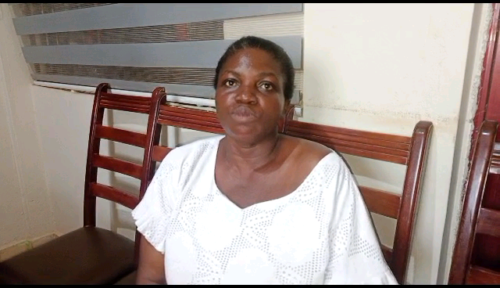
Residents of Abuontem remain hopeful that under his leadership, the town will continue to grow and flourish, and that his example will inspire other leaders to prioritize community development over personal gain.
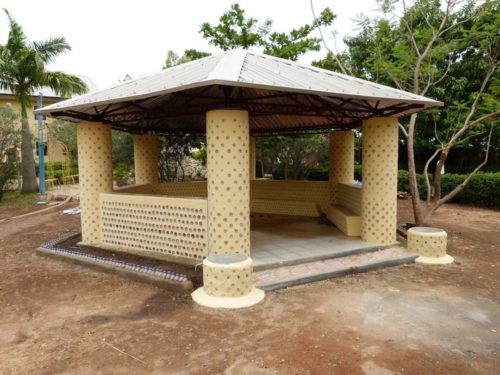
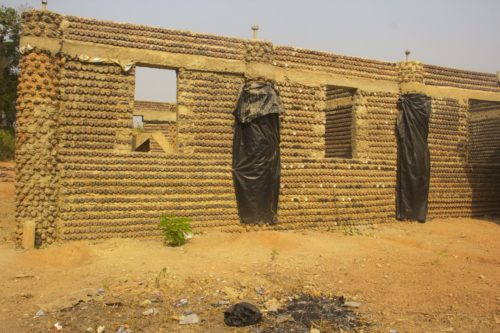
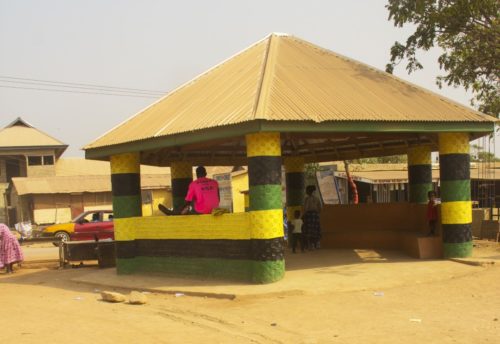
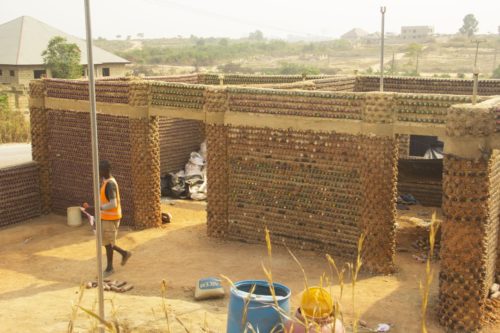
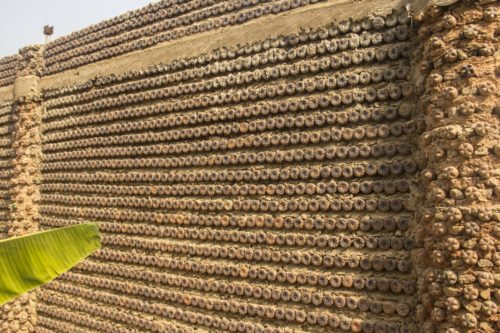
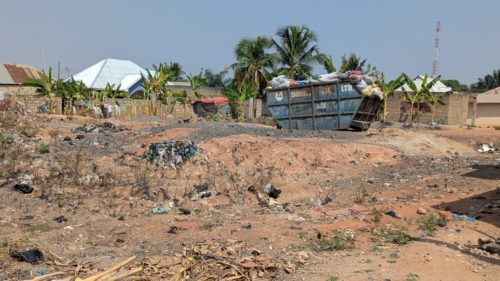
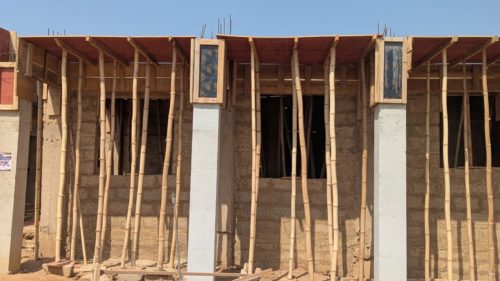
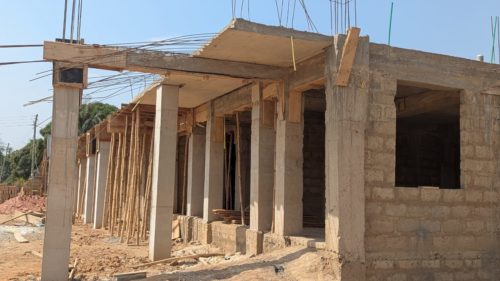
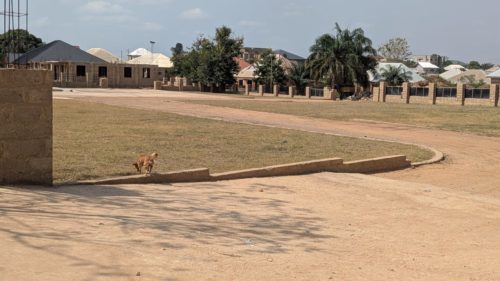
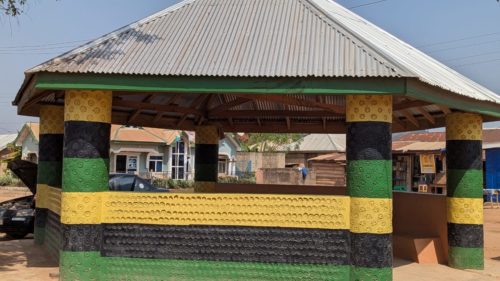
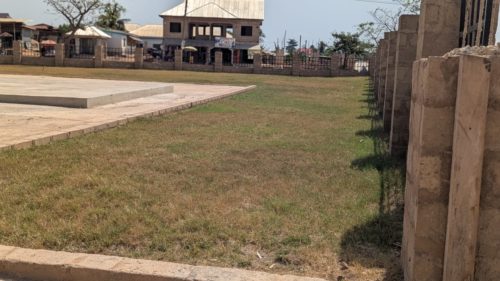
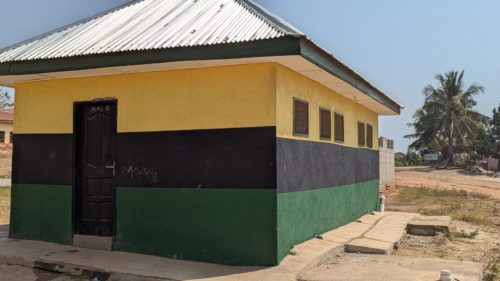
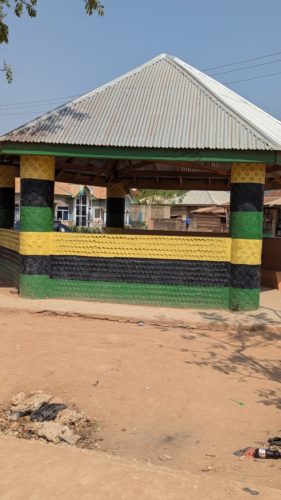
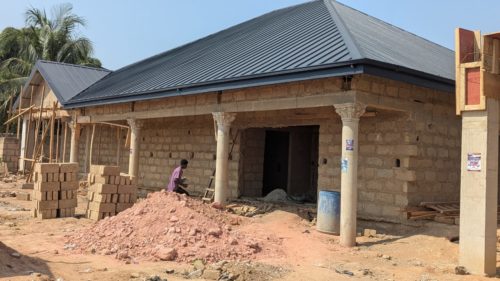
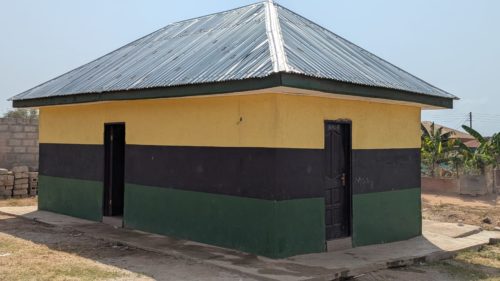
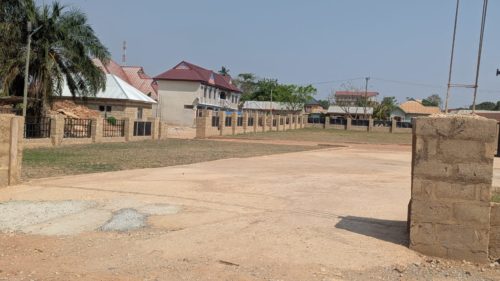
By Simon Opoku Afriyie

